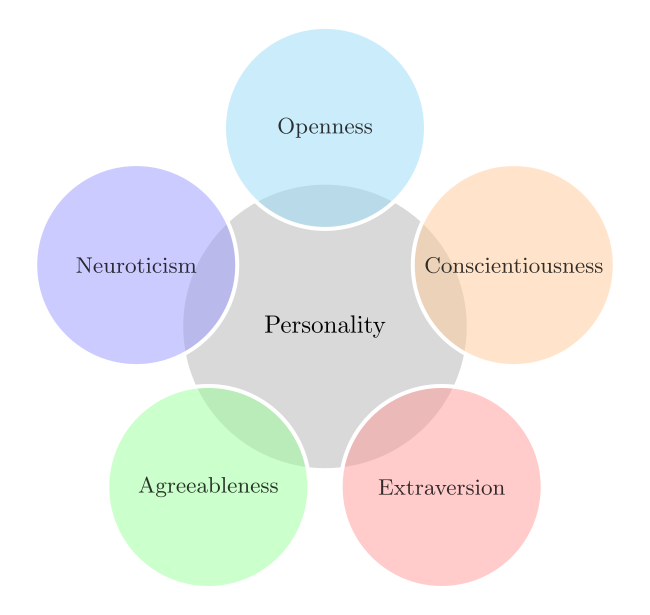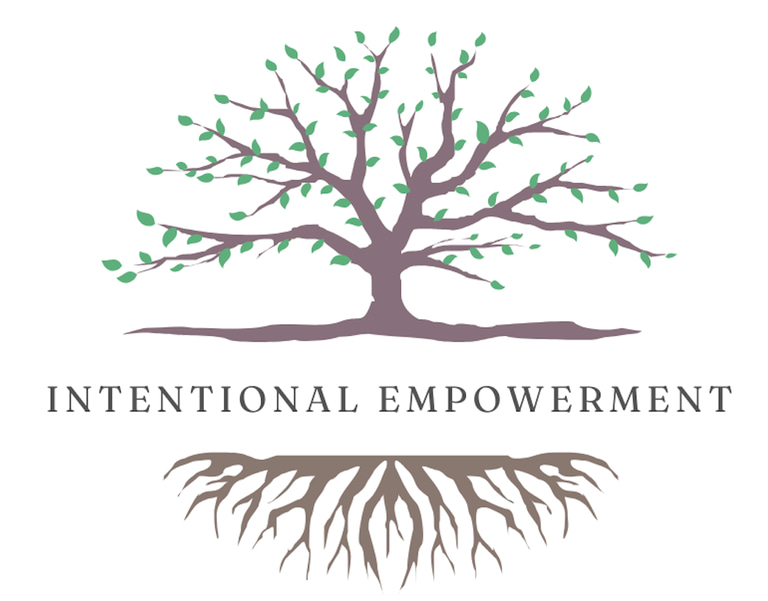The Next Evolution of Skills Based Hiring
As the world rushes toward skills-based hiring, we risk trading one form of inequity for another. This article challenges the limits of the trend and introduces a human-centered alternative, hiring for character and committing to continuous reskilling. By valuing integrity, empathy, and adaptability over credentials, we can create a workforce built for both equity and evolution.
I/O PSYCHOLOGYHIRING
Jess Sumerak
10/19/20254 min read


For the last several years, “skills-based hiring” has dominated workplace discourse. Corporations celebrated it as a revolution, a way to replace outdated degree requirements with measurable competencies, open doors to non-traditional candidates, and democratize access to opportunity.
It was progress. But it was only half the revolution.
Because when we strip away degrees yet still select people primarily by technical ability, we haven’t fixed the system, we’ve just rebuilt the same hierarchy under a different label. The new question is no longer “Do you have the right degree?” but “Do you have the right skills right now?”
And in an economy where “right now” changes every six months, that approach still punishes the same people who have always been left behind.
The Limitations of Skills-Based Hiring
Research from Harvard Business School and the Burning Glass Institute (Fuller, Raman & Sigelman, 2022) found that while degree requirements are falling, genuine equity outcomes have not significantly improved. Many companies quietly revert to traditional screening proxies or still value “soft skills” that are never defined or measured consistently.
Similarly, MIT Sloan Management Review warned that without a full “skills-based culture,” skills-based hiring simply becomes a buzzword (Bersin, 2023). The intent was inclusion; the result, often, is more fragmentation.
This isn’t because skills don’t matter, they do. But they’re temporary currency. As the half-life of technical skills shrinks, a hiring model (and the people) built on them alone inevitably becomes obsolete.
What Research Already Shows
A growing body of research points toward the next frontier. Recent trait-based studies (Pletzer et al., 2025; Derous, 2025; Kang et al., 2023) consistently demonstrate that character traits, conscientiousness, integrity, empathy, and adaptability are stronger long-term predictors of job performance than isolated skills.
In fact, employers themselves are acknowledging this shift. A 2023 survey of U.S. hiring managers ranked honesty, adaptability, and reliability as more desirable than education and nearly on par with technical skills (MarketingHire Staff, 2023).
This tells us something profound: the workforce is ready for a model that treats character as the true foundation of employability.
Additionally, by setting behavior and character expectations during the interview process, this lays the foundation for cohesive culture setting across an organization. (For more information on how to accomplish that, see Situational Dilemmas.).
From Performative Equity to Real Equity
Skills-based hiring was born from good intentions to make work accessible to more people. Yet it often reinforces socio-economic divides by rewarding those who have time, bandwidth, or money to acquire the newest certifications.
Character-based hiring, in contrast, levels the field.
It asks: Who shows integrity, accountability, empathy, and a willingness to learn, regardless of how much access they’ve historically had?
When we evaluate people on traits rather than privileges, we remove the gatekeeping of class. This is how equity becomes real, not performative.
It’s also how we future-proof organizations. Because once you hire people for their teachability, integrity, and sense of responsibility, you’ve hired people who can evolve with you.
Continuous Reskilling: The Ethical Evolution of Work
Technology will keep transforming the landscape, AI, automation, new tools, new roles. The ethical response is not to replace workers every time the software changes; it’s to reskill them.
Laying off people to buy new skills on the market isn’t innovation, it’s intellectual waste. The people who already know your systems, your clients, and your values are your most renewable resource.
When companies reskill instead of replace, they practice equity in action. They show that loyalty is reciprocal, that human capital is not disposable, and that continuous learning is a shared responsibility.
Character-based hiring makes this possible because it builds a workforce already predisposed to learn. The organization’s role becomes teaching new tools, not constantly re-auditioning for new people.
Building the Character-Based Hiring Framework
A modern job description should define two things:
The outcomes the role must achieve, and
The human traits required to achieve them ethically and sustainably.
For example:
A client-facing role requires empathy, punctuality, and communication; the software can be trained later.
A leadership role requires fairness, accountability, and consistency; the metrics can be learned on the job.
A technical role requires curiosity, integrity, and precision; the code syntax changes anyway.
This approach aligns with legal and ethical guidance (Smithey Law Review, 2019): character and integrity can be evaluated safely when linked to bona fide job requirements, measured with structure, and applied consistently.
Moving Intentionally, Not Reactionarily
It’s easy to follow trends in HR and organizational design, DEI, engagement, skills-based hiring, AI adoption, each treated as the next “solution.” But real change doesn’t come from reacting to the latest management wave.
Real change comes from intentional evolution, the willingness to rebuild systems around what humans actually need to thrive: purpose, stability, belonging, and opportunity to grow.
Character-based hiring and continuous reskilling are the natural progression of everything the workforce revolution has been moving toward. If skills-based hiring was the bridge away from elitist credentialism, character-based hiring is the bridge toward ethical sustainability.
A Call to Leaders
Leaders who believe in equity, ethics, and long-term performance must now extend their courage beyond rhetoric. Hire for who people are, not just what they know. Reskill before you rehire.
And design work as a partnership, between human character and corporate purpose.
Because if we want a future where business and humanity coexist, we must build it deliberately. Otherwise, we will simply keep modernizing the same inequities in sleeker packaging.
References
Bersin, J. (2023). Why you can’t hire for skills without a skills-based culture. MIT Sloan Management Review.
https://sloanreview.mit.edu/article/why-you-cant-hire-for-skills-without-a-skills-based-culture/
Fuller, J., Raman, M., & Sigelman, M. (2022). Skills-based hiring redefined: How the skills-first economy can close the opportunity gap. Harvard Business School & Burning Glass Institute.
Kang, W., et al. (2023). Big Five personality traits in the workplace. Frontiers in Psychology.
MarketingHire Staff. (2023). Study: Personality traits hiring managers find most and least desirable in job candidates. MarketingHire.com.
Pletzer, J. L., et al. (2025). Personality and job performance: A review of trait models. Current Opinion in Psychology, 55, 102541.
Derous, E. (2025). Personality in personnel recruitment. Current Opinion in Psychology, 56, 102555.
Smithey Law Review. (2019). Personality and integrity tests for hiring and promoting employees.
Intentional Empowerment, LLC
Empowering people-first, Research based, business strategy & employee well-being
© 2025 Intentional Empowerment. All rights reserved.
Follow us on social
Have a question? We're here to help.
📧 jessicasumerak@gmail.com
📍 Twinsburg, OH (Serving clients nationwide)
